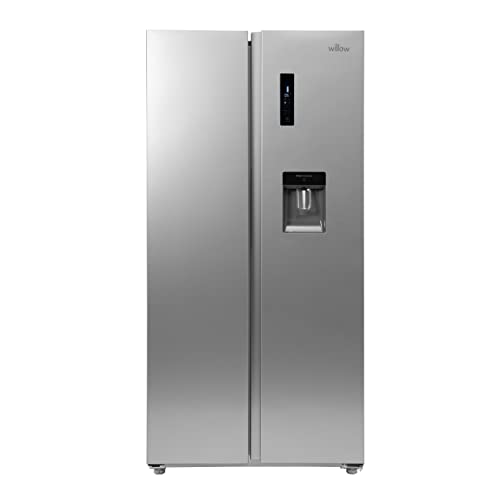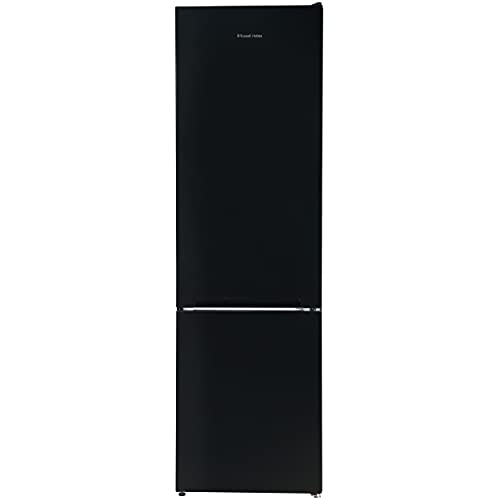A Comprehensive Guide to Buying a Fridge: Tips and Considerations
Acquiring a refrigerator is a considerable decision for any home. The best fridge not only keeps your food fresh but likewise enhances the visual appeal of your cooking area. With a wide variety of alternatives readily available in the market, possible purchasers face the difficulty of discovering a refrigerator that suits their requirements and fits their spending plan. This article provides valuable insights into the important elements to consider when buying a fridge, categorizes the various types available, and addresses some often asked concerns.

Kinds of Refrigerators
Before diving into the buying process, it's necessary to comprehend the numerous kinds of refrigerators readily available. Each type serves a distinct purpose and includes its own set of functions. Here's a fast summary:
| Type | Description | Suitable For |
|---|---|---|
| Leading Freezer | A conventional design with the freezer compartment on top. | Budget-conscious customers. |
| Bottom Freezer | Refrigerator above, freezer at the bottom. | Those who regularly access fresh food. |
| Side-by-Side | Two vertical sections, one for the fridge, one for the freezer. | Large families with diverse storage requirements. |
| French Door | Separate compartments for fridge and freezer with large doors. | Trendy kitchen areas and avid cooks. |
| Compact | Smaller sized and portable, ideal for restricted areas. | Dorms or small houses. |
| Smart Fridges | Geared up with Wi-Fi and touch screens for innovative features. | Tech-savvy users seeking convenience. |
Understanding these different types can help buyers pinpoint what matches their lifestyle and cooking area layout best fridge-freezer.
Secret Considerations When Buying a Fridge
1. Size and Space
The size of the refrigerator is one of the critical aspects to think about. Measure the readily available area in your kitchen where the fridge will reside. Remember:
- Depth, Width, and Height: Ensure that the fridge matches your cooking area's overall design.
- Door Swing: Check that the door can open freely without blockage.
- Capacity Needs: Consider how much food you typically keep and opt for a fridge with an appropriate cubic foot capability.
2. Energy Efficiency
When buying a new fridge, look for energy-efficient models. Energy Star-rated refrigerators take in less electrical energy, which can considerably minimize energy expenses. Aspects to evaluate consist of:
- Energy Guide Label: This supplies an estimate of the annual energy intake.
- Inverter Technology: Helps preserve temperature level while taking in less power.
3. Functions and Technology
Fridges come with a myriad of functions and technological advancements. Picking the ideal combination can significantly enhance benefit:
- Temperature Control: Look for designs that use precise temperature settings for different compartments.
- Smart Technology: Wi-Fi connectivity can offer informs, dish ideas, and inventory checks.
- Ice and Water Dispenser: Consider whether you want an in-door water and ice dispenser to conserve space and improve availability.
4. Design and Design
The aesthetic appeal of your refrigerator can complement the total cooking area design. Think about the following designs:
- Finish Choices: Stainless steel, matte black, and classic white are popular surfaces.
- Manage Design: Choose a manage style that matches your kitchen area's décor and is simple to open.
5. Price and Brand Reliability
While there are numerous budget alternatives available, investing in a trusted brand name frequently translates to dependability and toughness. Think about the following:
- Warranty: A solid guarantee can safeguard against flaws and failures.
- Customer Reviews: Research user feedback to assess performance and service quality.
Purchasing Tips
- Research study: Spend time checking out reviews and comparisons before making a choice.
- Sales and Promotions: Look out for sales throughout vacations or special occasions to get better deals.
- In-store Experience: Visit local home appliance shops to see the models in individual and ask concerns to educated personnel.
FAQs about Buying a Fridge
1. How long can I expect my refrigerator to last?
On average, a refrigerator lasts between 10 to 20 years, depending upon the brand and maintenance. Routine upkeep can extend its life expectancy.
2. What should I do if my refrigerator isn't cooling effectively?
Start by examining the temperature level settings, make sure the door seals are undamaged, and keep the coils tidy. If issues persist, seek advice from an expert service technician.
3. Are wise fridges worth the investment?
Smart fridges can be advantageous for tech-savvy users and those who value benefit. Functions like stock management and remote access can conserve time and reduce food waste.
4. How do I appropriately preserve my refrigerator?
- Tidy the interior routinely to get rid of spills and smells.
- Thaw if you experience frost buildup.
- Check the door seals to ensure they are tidy and practical.
5. What is the very best refrigerator brand?
There is no one-size-fits-all response. Nevertheless, brand names like Whirlpool, Samsung, LG, and Frigidaire are frequently appreciated for quality and customer care.
Eventually, buying a refrigerator involves far more than simply choosing a random model off the shelf. By taking the time to evaluate your requirements, evaluating type choices, comprehending crucial features, and thinking about design aesthetics, you can make a notified choice that will serve your household well for many years to come. With the best option, your refrigerator will be a reputable companion in your everyday kitchen operations.









